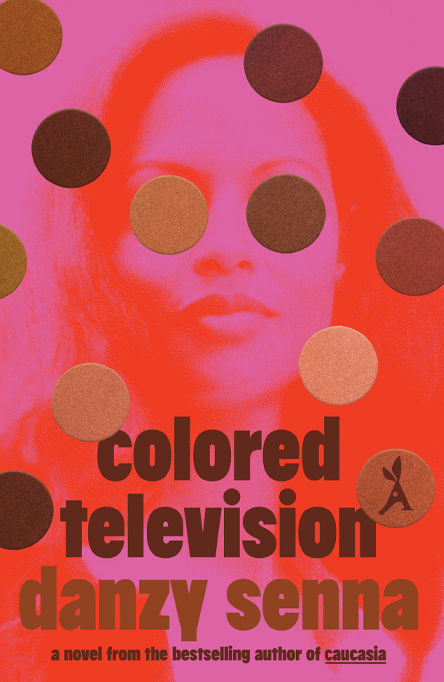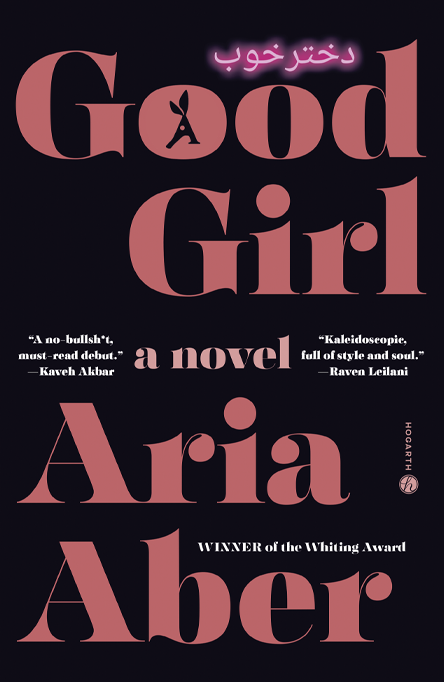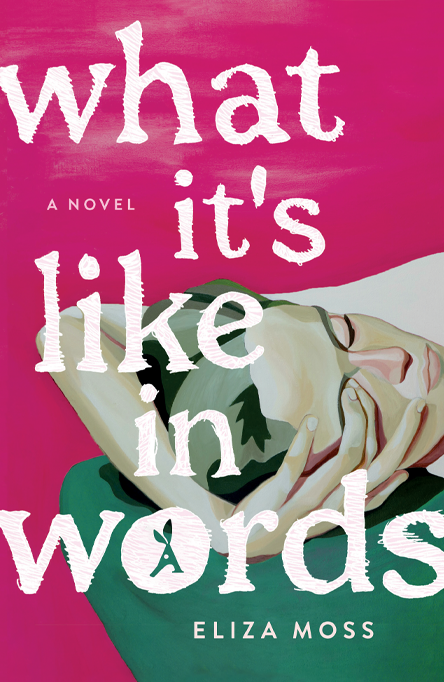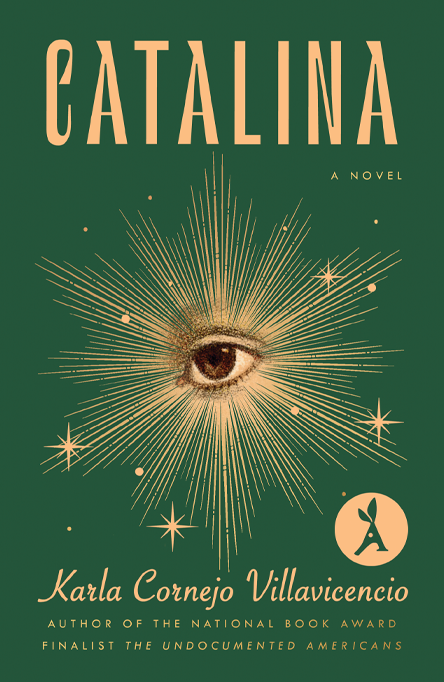A brilliant dark comedy about love and ambition, failure and reinvention, and the racial-identity-industrial complex from the bestselling author of Caucasia.
Jane has high hopes that her life is about to turn around. After a long, precarious stretch bouncing among sketchy rentals and sublets, she and her family are living in luxury for a year, house-sitting in the hills above Los Angeles. The gig magically coincides with Jane’s sabbatical, giving her the time and space she needs to finish her second novel—a centuries-spanning epic her artist husband, Lenny, dubs her “mulatto War and Peace.” Finally, some semblance of stability and success seems to be within her grasp.
But things don’t work out quite as hoped. Desperate for a plan B, like countless writers before her Jane turns her gaze to Hollywood. When she finagles a meeting with Hampton Ford, a hot producer with a major development deal at a streaming network, he seems excited to work with a “real writer,” and together they begin to develop “the Jackie Robinson of biracial comedies.” Things finally seem to be going right for Jane—until they go terribly wrong.
Funny, piercing, and page turning, Colored Television is Senna’s most on-the-pulse, ambitious, and rewarding novel yet.
Don't just take our word for it...
“[A] brilliant, of-the-moment, just really almost perfect book.”
– Kirkus Reviews, STARRED
“I couldn’t stop turning the pages, and only when it was all over did I realize what Senna had done. Addictive, hilarious and relatable, yes, but Colored Television is after something larger and more elusive, a very modern reckoning with the ambiguities triangulated by race, class, creativity and love. She nails it.”
– Miranda July, author of All Fours and The First Bad Man
“A riveting and exhilarating novel about making art and selling out, about being middle aged and precariously middle class. As fearless as she is funny, Danzy Senna is one of this country’s most thrilling writers.”
– Rumaan Alam, author of Leave the World Behind
Taste the very first page
Jane had to remind herself it was February. There had been no winter this year, not even the mild wet days they called winter out here. Just blazing dry heat for months on end.
Last night she and Lenny had watched Soylent Green together in bed. Movies were the new sex. The movie was supposed to be set in New York City but seemed to Jane to be set in Los Angeles. Every story about the apocalypse was really about Los Angeles. Jane had no urge to return to the East Coast, not anymore – but on days like this, she did miss it, the drama of the seasons, the changing mood ring of the sky, even the status of old white men, something solid she would rail against.
She’s noticed recently that LA had two faces. By day it was as hopeful and effervescent as a hummingbird, by night it was terrifying, doomed. The flowers could fool you in the daytime. They could make you believe you weren’t floating in outer space. But at night, you knew.
The brightness of the sky stared back at her now, unrelenting. Neither she nor Finn were wearing sunblock. But could she stop pushing him? Finn was most calm when he was swinging or jumping. This was, according to the doctors, a symptom of the problem.
The paediatrician they met with last spring, that terrible spring, had told her she needed to “face the elephant in the room.” She would have…
You might also like
Good Girl
An electric debut novel about the daughter of Afghan refugees and her year of self-discovery and a portrait of the artist as a young woman set in a Berlin that can’t escape its history.
What It’s Like in Words
A dark, intense, and compelling account of what happens when a young woman falls in love with the wrong kind of man.
Catalina
by Karla Cornejo Villavicencio
A year in the life of the unforgettable Catalina Ituralde, a wickedly wry and heartbreakingly vulnerable student at an elite college.



